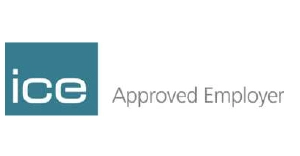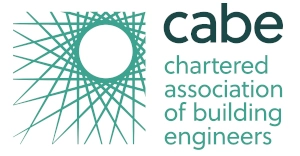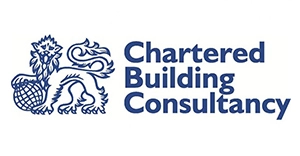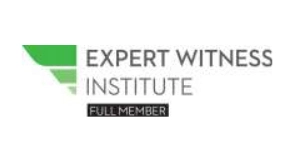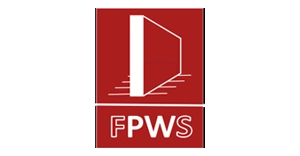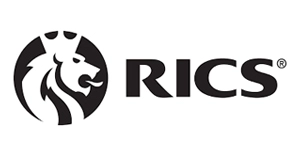Net zero is a term used to describe a building or community that produces as much energy as it consumes, resulting in a neutral impact on the environment. Achieving net zero status is an important goal for structural engineering companies because it represents a significant step toward sustainable development and reducing the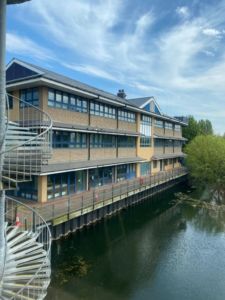 carbon footprint of the built environment.
carbon footprint of the built environment.
There are several ways in which Adkins Consultants can help to achieve net zero status for buildings and communities. The first step is to design buildings that are highly energy-efficient. This involves using materials that provide excellent insulation, as well as designing the building’s orientation and layout to take advantage of natural light and passive heating and cooling. Our structural engineers can also design HVAC systems in coordination with M&E consultants that are highly efficient and use renewable energy sources like geothermal and solar power.
Another important aspect of achieving net zero status is reducing the energy demand of the building or community. This can be done by incorporating features like rainwater harvesting, which reduces the demand for municipal water, and by designing buildings that are highly durable and require minimal maintenance and repair.
Adkins Consultants can also play a crucial role in the construction of net zero buildings and communities. This involves working closely with architects and contractors to ensure that the building is constructed to the highest standards of energy efficiency. This can include overseeing the installation of energy-efficient windows and doors, ensuring that insulation is installed correctly, and ensuring that all HVAC systems are properly designed and installed.
In addition to designing and constructing net zero buildings, Adkins Consultants can also help communities achieve net zero status. This involves working with city planners and local governments to develop comprehensive plans for sustainable development. This can include identifying areas that are suitable for renewable energy projects, developing transportation infrastructure that reduces dependence on fossil fuels, and promoting the use of green technologies like electric vehicles.
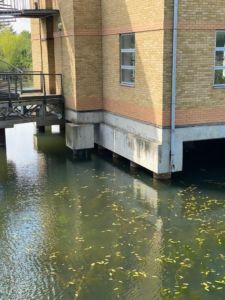 One of the biggest challenges facing Adkins Consultants when it comes to achieving net zero status is the cost. While net zero buildings and communities can be highly energy-efficient and sustainable, they often require significant upfront investments. However, the long-term benefits of net zero development, including reduced energy costs and a lower carbon footprint, often outweigh the initial costs.
One of the biggest challenges facing Adkins Consultants when it comes to achieving net zero status is the cost. While net zero buildings and communities can be highly energy-efficient and sustainable, they often require significant upfront investments. However, the long-term benefits of net zero development, including reduced energy costs and a lower carbon footprint, often outweigh the initial costs.
Another challenge facing Adkins Consultants is the lack of awareness and understanding among the general public about net zero development. Many people are not aware of the benefits of net zero buildings and communities, or how they can contribute to a more sustainable future. Structural engineering companies can play an important role in raising awareness about net zero development and educating the public about its benefits.
In conclusion, achieving net zero status is an important goal for Adkins Consultants. By designing and constructing energy-efficient buildings and communities, reducing energy demand, and promoting sustainable development, structural engineering companies can help reduce the carbon footprint of the built environment and contribute to a more sustainable future. While there are challenges to achieving net zero status, including the upfront costs and lack of awareness among the general public, the long-term benefits of net zero development make it an essential goal for the construction industry.

